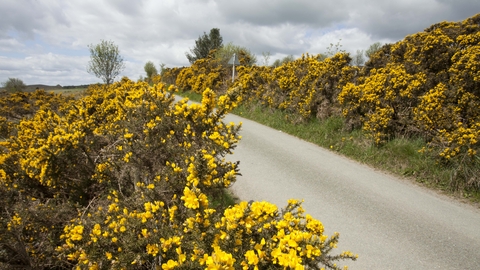Here, I think, is an old word that we don’t use much anymore. I wasn’t very sure what it meant exactly when I read it in “The Solitary Cyclist” in The Greatest Adventures of Sherlock Holmes, so I had to look it up. However, I am not regularly around stables or people who deal directly with horses, so this word may still be used regularly in some circles.
Ostler – one who takes care of horses and mules (according to Merriam-Webster, it is “less common variant of hostler”)
Usage: Holmes sent the ostler to fetch the constables, glad he had not suffered ill-effects from an earlier club to the head.

